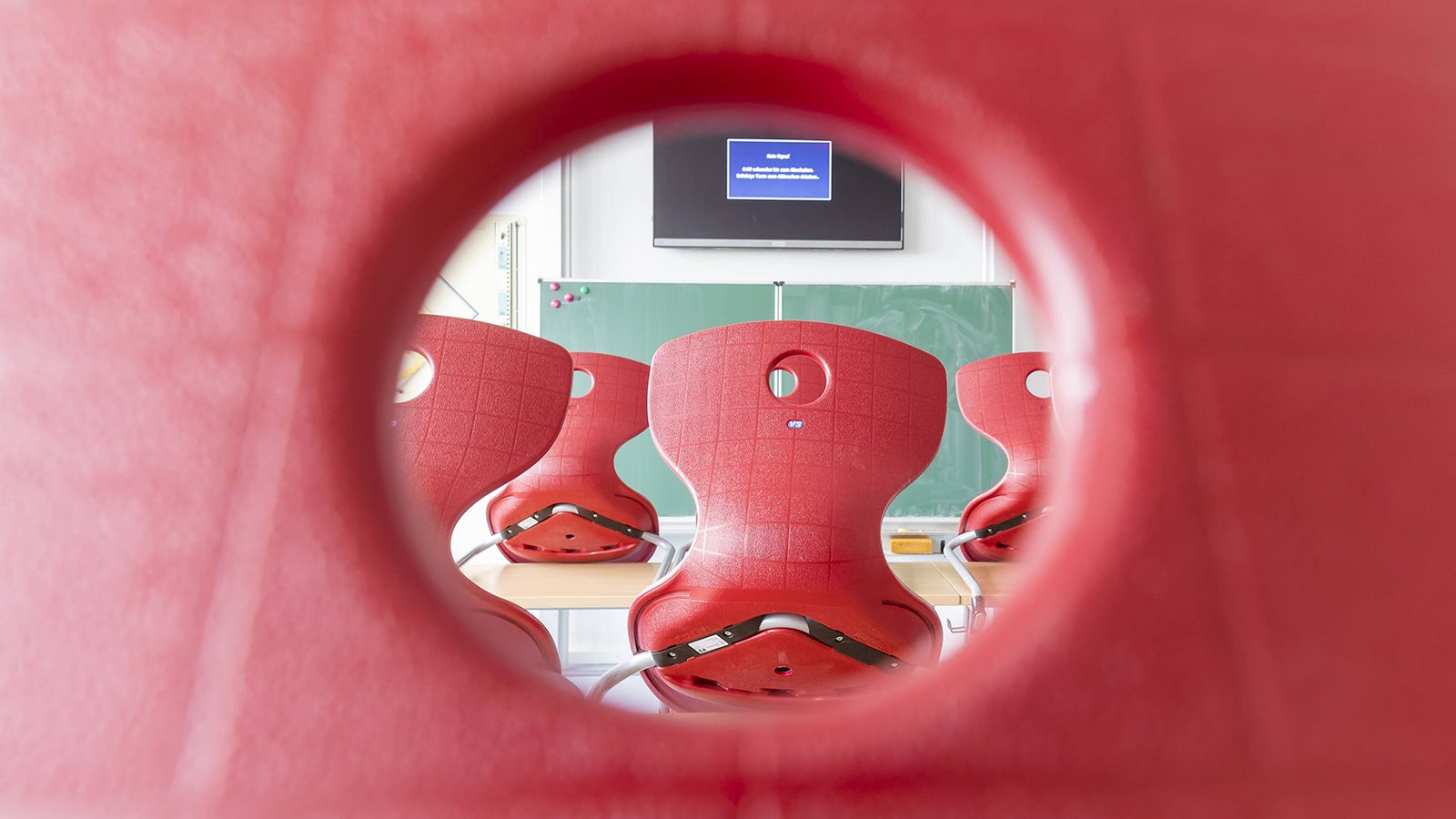Widespread Call for a National Summit on Education
Foundations, associations, and trade unions are all calling on the German government to initiate a long overdue process of reform in the education sector and take pragmatic and decisive action in tackling the major problems at play.
The education sector is facing a mounting array of problems: hundreds of thousands of children are without places in a daycare centers and performance across elementary and secondary schools is in decline, all while mental health issues are on the up and shortages of teachers and other educational staff are evident nationwide. Our latest German School Barometer revealed just how many problems schools are currently facing.
Elementary and high schools are facing an acute shortage of qualified staff, not just teaching staff but also across school social work services and educational psychologists, as children and adolescents clearly feel the impact of the COVID-19 pandemic. School principals also complain of already high levels of bureaucracy and overwork, only exacerbated by the high numbers of refugees from Ukraine and other countries.
While a summit on education is in fact taking place today, its format, agenda, and the group of participants involved are incapable of solving this multitude of challenges on their own. Having drawn this conclusion, numerous associations, foundations, and trade unions are now making a joint appeal to the German government.
“We need to act with courage, now more than ever as our education system falls into crisis: schools need the pedagogical freedom to take responsibility for ensuring that all students reach the minimum standards and are supported in their development to the best of the school’s ability.”
Multi-professional teams play an indispensable role here and help relieve teachers from shouldering the entire burden. Rethinking working hours to include, for example, collaboration and school and lesson development, would be another important step in making the teaching profession more attractive and strengthening schools.
“It is important that all levels of educational governance – from the municipal government as the administrative body, to the school supervisory authority and ultimately the state and federal governments – are geared toward providing the very best support for individual schools,” continued Wolf. Instead of taking a “scattershot” approach to funding, support should both targeted and needs-based.
This makes structural reform of the education system inevitable. The absence of any systematic connection between the different political levels to date has stood in the way of change and reform, as evidenced by the lack of coordination with regard to the shortage of teachers and the slow drawdown of funds from the Digital Pact. “In the medium term, we need to further develop educational federalism in the sense of the ‘cooperation imperative’ formulated by the current federal government in its coalition agreement. But pragmatic and rapid action is also of the essence in the short term, too,” explained Wolf.
Accordingly, the Robert Bosch Stiftung is partnering with other civil society organizations to call for the individual federal state ministers for education, science, and youth to sit down at the same table with representatives from politics, business, educational practice, and civil society, as well as parents and students themselves. A national education summit should be held for these actors to agree on pragmatic, solution-oriented, and binding goals and measures to implement urgent educational reform as soon as possible. To ensure that the decisions ultimately become binding, education must be grounded as a top priority.

